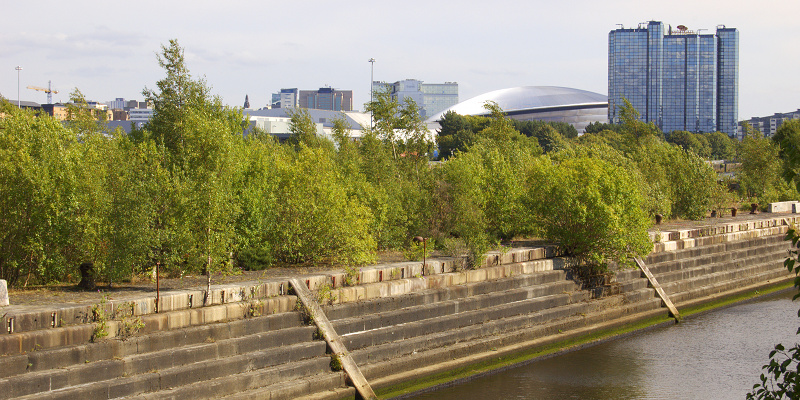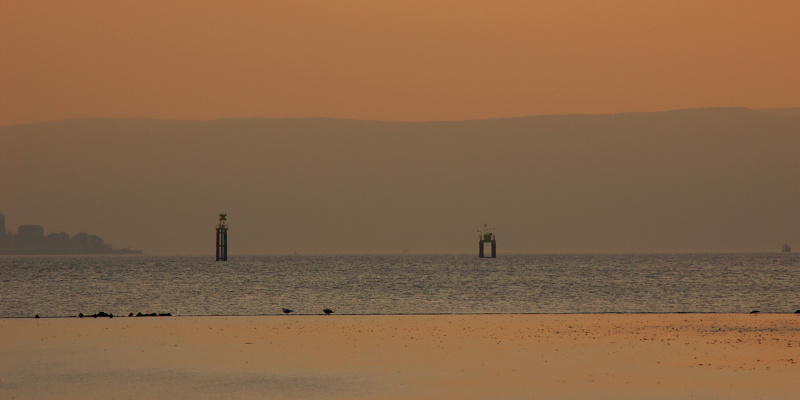




A maritime park at Govan Graving Docks could create employment and volunteering opportunities in areas such as leisure, tourism, skills preservation and urban ecology. Projects to repair and maintain historic ships and/or build sail cargo ships in a restored dry dock could have the potential to engage young people from Govan and the wider Glasgow area in meaningful activity that connects to the industrial history of the river. Looking at a maritime park from a sustainability angle, with aspects of urban ecology, would bridge the history and heritage with the needs of the future.
The opportunity before us at Govan Graving Docks is to create an art, culture, education, micro-enterprise and maritime hub around a heritage theme that we have estimated could create trading and employment opportunities for up to 250 or more people. The aim of CDPI is that a maritime park and any other projects we are involved in would adopt a living wage policy. In an area of high unemployment and poverty this would be particularly significant. While a housing development at Govan Graving Docks would bring short-term construction jobs (mostly for people outside of Govan) a maritime park would create more long-term opportunities.
Govan Graving Docks offers an archetype location to test new approaches to sustainable and sympathetic regeneration that delivers real benefit to local and regional communities.

The way people make a living is going to have to change during this century if we are to adapt to a sustainable approach to resource consumption. New ways of defining work-life balance are going to have to be developed as demand for labour declines (due to automation and other factors) and population increases. There are also emerging and serious discussions around universal basic income that could increase future scope for voluntary activity.
One of the aims of CDPI is to be able to develop and implement practical approaches to this in a social enterprise / micro-enterprise community model. There is a clear need to move away from conventional approaches of top-down management towards models of open collaboration and mutual-empowerment. This needs to be done with an outward looking objective of empowering individuals, small collectives and communities.
We are currently in a world where the wider political agenda is heavily influenced by corporate/globalist interests and increasingly divisive populism and nationalism that are becoming ever farther removed from (and often in direct conflict with) the needs of individuals, communities and the environment. It is primarily through community and collaborative efforts that this will be reversed.